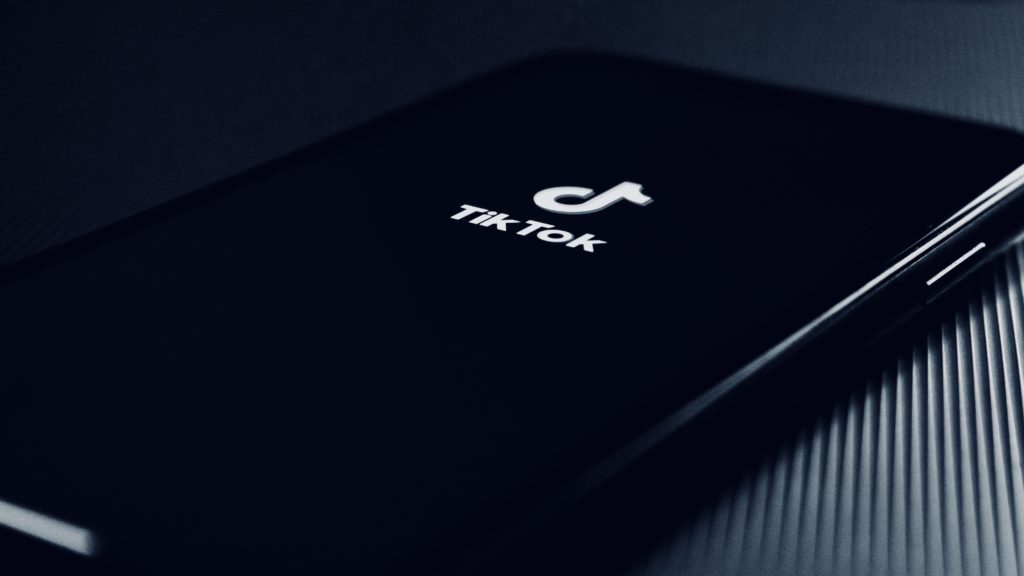
- TikTok health skeptics say it’s a place where bad things happen.
- TikTok health champions argue that pinheads are not platform specific.
The champs are right. This stuff happens everywhere. And no social platform is pinhead agnostic.
But this really isn’t what the haggling’s about. It’s probably closer to this:
- TikTok health skeptic. “I’m unfamiliar and uncomfortable with TikTok so I’m going to take potshots at it.”
- TikTok health champion. “As an early adopter and, dammit, I’m going to work to sell the world on TikTok as the next great thing.
But maybe this is what the TikTok health champions and skeptics might think about instead:
What the TikTok health skeptics can do
Respect the diversity of the landscape. Recognize that there are lots of different media and tools for sharing. TikTok, like every other tool, has the ability to reach a different audience. And that’s good for the doctors with targeted needs.
Be comfortable in your space. It’s okay to see the success of something that doesn’t fit the way you communicate. Everyone has a different communication wardrobe.
Give it a shot. Poke the box a bit and try it out. I’m lurking at the moment and I likely will ride this one out. But I do understand the importance of flirting with things.
What the TikTok health champions can do
Respect the diversity of the landscape. Not everyone is comfy with animated video clips of themselves.
Be comfortable in your space. Arguments, zingers and last words on Twitter likely won’t determine whether TikTok sees broader adoption in the medical community. The crowd/market decides.
Bring value. Focus less on the shiny object and show value. Problem is, it’s too early to say where TikTok will land on the value equation. The big pitch has been TikTok as a health education tool with teens. But despite what we want to believe about doctors and social, the cold, inconvenient truth is that it’s a minority of doctors who use Twitter and Facebook (primarily) to educate their patients. So TikTok may not offer the best value proposition when converting Twitter-dwelling naysayers. If TikTok proves to have staying power in medicine it will probably have to exist beyond education of the teen set.
TikTok health forces physicians to think about what they’re trying to do
I will add that if other social media platforms can serve as an indicator, how TikTok is used today will have no relation to how it is used three years from now.
But either way this conversation is good. Pro/con thinking like this can be applied to any new social tool.
New platforms create the opportunity to rethink why we’re here and what we’re trying to do as public physicians. It’s through answering these questions that TikTok might take shape as a healthcare tool. Personally, looking at what docs are now doing with with this helps me understand why I fit in where I do. And that’s what every health professional needs to do — these platforms come and go.
Of course, this is insight from a guy who thought Meerkat and Jelly would change medicine forever. I even had a thing for Highlight.
So take it for what it’s worth.
If you like this you might like the 33 charts TikTok Archives. Click the tag below to check out our other stuff written about TikTok. Every 33 charts post is carefully tagged to help you find related writing.
33c modified photo by Kon Karampelas on Unsplash